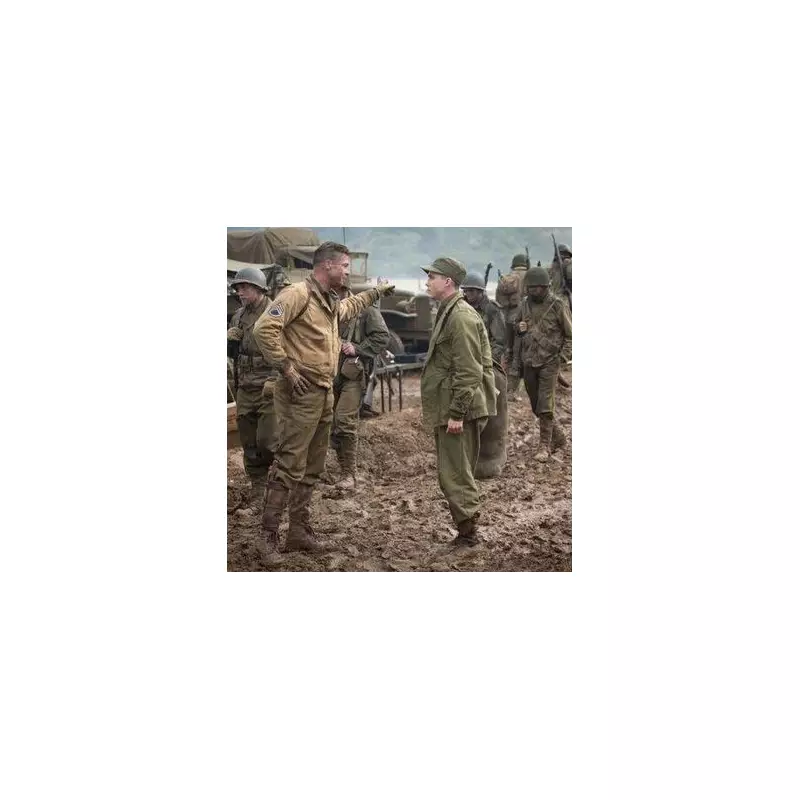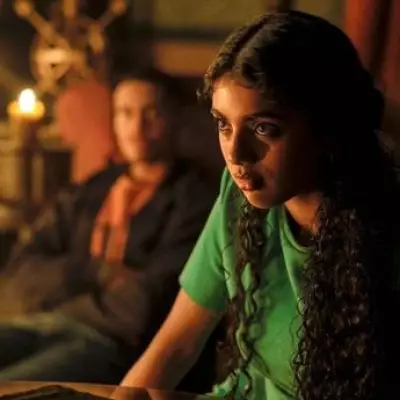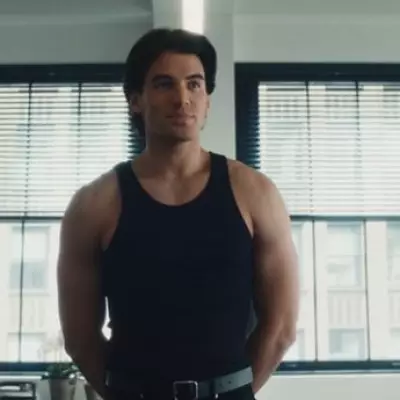
In the vast archive of war cinema, where Hollywood spectacles often dominate the spotlight, a profoundly moving British masterpiece from 1998 has been unjustly overlooked. 'Regeneration', based on Pat Barker's acclaimed novel, offers a searingly authentic and psychological portrait of the First World War's true cost.
Directed by Gillies MacKinnon, the film eschews grandiose battle scenes for a more intimate, and arguably more devastating, setting: a military psychiatric hospital in Scotland. Here, the army's most infamous shell-shocked officers are patched up and sent back to the front lines.
A Stellar Cast Brings History To Life
The film boasts a phenomenal cast that reads like a who's who of British talent. Jonathan Pryce delivers a captivating performance as army psychiatrist Dr. William Rivers, tasked with the moral dilemma of 'curing' men only to return them to the hell they escaped.
He is joined by a young Jonny Lee Miller as the stoic Officer Prior, and the brilliant James Wilby as the celebrated poet Siegfried Sassoon. Sassoon was controversially declared mentally ill after penning a defiant declaration against the war's prolonged futility.
More Than Just A War Film
What sets 'Regeneration' apart is its piercing focus on the psychological trauma of warfare—the silent wounds that never heal. It's a thoughtful, poetic, and deeply human anti-war statement that questions the very meaning of duty, sanity, and honour in the face of unimaginable slaughter.
While films like 'Saving Private Ryan' captured the visceral horror of combat with graphic intensity, 'Regeneration' haunts the viewer by exploring the quiet, lingering aftermath. It holds a mirror to the bureaucratic machinery that treated men as expendable resources.
A Timeless Message Worth Revisiting
Over two decades later, the film's power hasn't diminished. Its themes of mental health, the morality of conflict, and the individual versus the system remain strikingly relevant. For those seeking a war film that engages the mind and soul as much as the senses, this criminally underrated gem is essential viewing. It's a sobering, beautifully crafted piece of British film history that deserves its place at the top table of great war movies.





